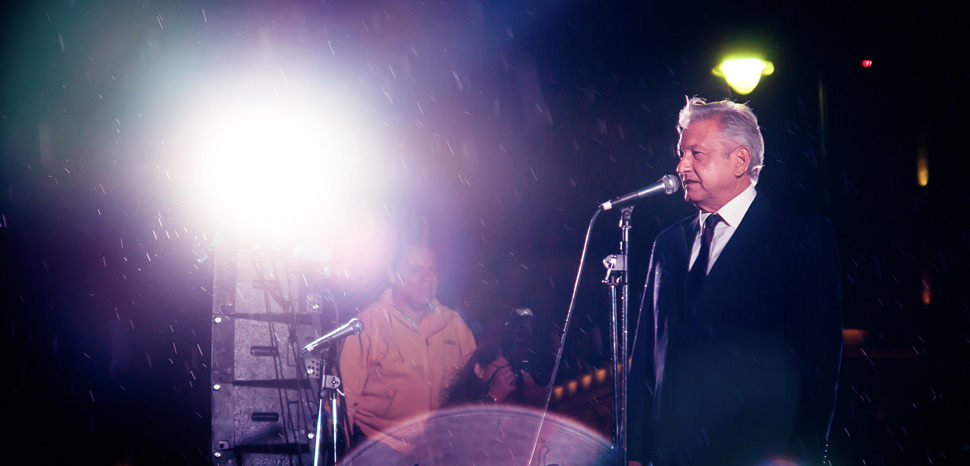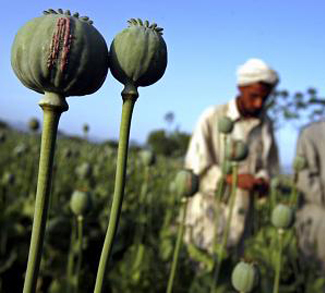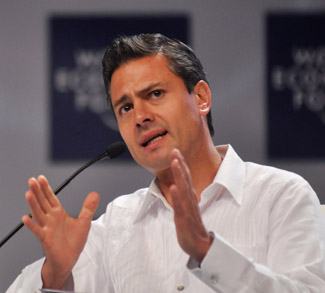Key Takeaways
- The arrest and US extradition of two Sinaloa Cartel founders has triggered a civil war in one of Mexico’s most powerful cartels.
- The civil war has become a diplomatic flashpoint in US-Mexico relations, with President Obrador blaming Washington for the violence.
- The fighting risks compounding law enforcement challenges in US cities amid the ongoing opioid crisis.
Bodies, savagely beaten and bearing signs of torture and execution, line the highways of Culiacán, Mexico—grim messages sent between the warring factions of the Sinaloa Cartel, now locked in a brutal civil war.
The Sinaloa Cartel, once the most unified and powerful of Mexico’s cartels, is now engulfed in a civil war that has left northern Mexico in turmoil, with 90 people dead so far, and more expected as the fighting continues. The conflict stems from the capture of two of its founders, Joaquín “El Chapo” Guzmán and Ismael “El Mayo” Zambada. Under El Chapo’s leadership the cartel functioned like a business, minimizing disruption to local populations and avoiding clashes with authorities. However, since his extradition to the U.S. in 2017 and life sentence in 2019, control of the cartel has fractured.
Ismael “El Mayo” Zambada, one of the cartel’s original leaders, took over operations following El Chapo’s extradition, but he too was arrested, reportedly betrayed by Joaquín Guzmán López, one of El Chapo’s sons. Zambada was on his way to what he thought was a routine meeting with Sinaloa governor Rubén Rocha, supposedly to mediate a local dispute, when armed men overpowered his bodyguards. He was then flown to the United States and arrested on July 25.




